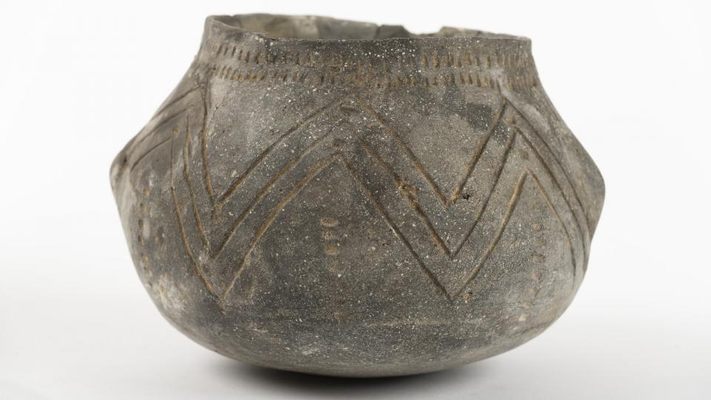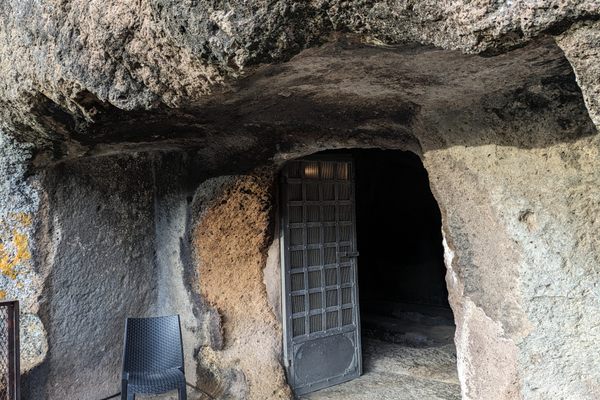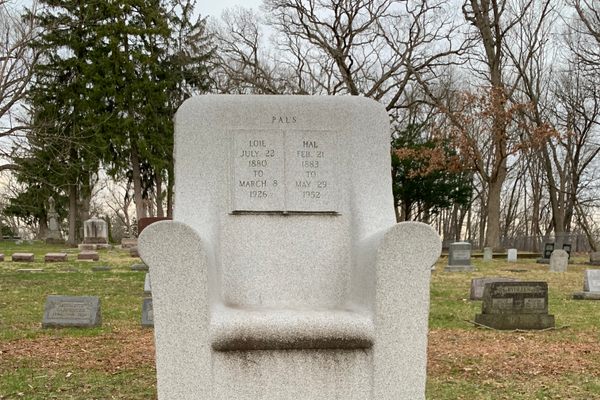About
Situated between the cities of Liège and Brussels sits Omal, a small Hesbaye village which is intersected by the Roman road Boulogne-Bavay-Cologne. Driving along the street, it is nearly impossible to miss the burial mounds, called tumuli, on either side. The collection is referred to as "The Five Tombs," and is thought to date back to the second or third century.
Though there are forty or so tumuli sites in the Hesbaye—the natural region where almost all the tumuli in Belgium are located—these five are known to be some of the most remarkable. According to a local legend, the site was the burial place of a Roman general and of his four sons. This would explain the distribution of the tumuli: four north of the dam and one south. However, it is unlikely that generals could have afforded such a monument. Surprisingly, almost no other Roman remains were found nearby, except for two villas. This suggests that the site was chosen because it was visible from a distance, and not because it was close to the homes of the defaulters.
The tumuli are relatively small, stretching 65 feet in diameter and reaching 13 feet high. In spite of the looting at the site, archaeological excavations in the 19th century brought to light a number of interesting objects in the tumuli, including a short sword and its ivory sheath. The artifacts are now exhibited at the Musée d'Art & Histoire in Brussels and the Grand Curtius in Liège.
Related Tags
Know Before You Go
This site has not been developed for tourism, so there are no informational signs at the burial grounds. Four of the mounds are located in a fenced meadow and are not accessible to the public.
Community Contributors
Added By
Published
October 28, 2024


































